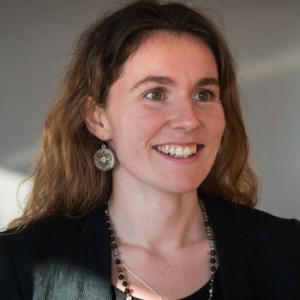
If you have been keeping up with our recent series of articles around parental responsibility, you should by this stage know what parental responsibility is. In short, it is “the rights, duties, powers, responsibilities and authority which by law a parent of a child has in relation to the child and his property”. We often refer to parental responsibility, in short, as “PR”. In this article, I will discuss Special Guardians and PR. A good starting point is to explain what a Special Guardian is.
What is a Special Guardian?
A Special Guardian is someone who is not the parent of the child in question, but someone whom the Court has appointed to care for the child under a Special Guardianship Order. For example, a Special Guardian may be a grandparent or family friend. It may be appropriate for a child to be cared for by a Special Guardian when the child’s parents are not in a position to provide long term care to the child and the Special Guardian has been assessed as someone suitable to provide long term care for the child.
Does a Special Guardian hold PR for the child?
Yes. The Special Guardianship Order made by the Court gives the Special Guardian PR for the child. The Special Guardian then has the ability to make key decisions in relation to that child. For example, they can make decisions about where the child should go to school or whether the child should receive medical treatment.
Super PR
As explained above, when the Court makes a Special Guardianship Order appointing someone to be the Special Guardian for a child, they are granted PR. Any other person who holds PR for the child does not lose their PR (unless the Court makes an Order otherwise), but the Special Guardian will hold “super PR” for the child allowing them to override the decisions and wishes of a parent or any other person holding PR for that child. This is sometimes called overriding PR.
There are some decisions which a Special Guardian cannot make unless they have the permission of every other person who holds PR for the child. For example, the Special Guardian cannot decide to change a child’s surname without everyone’s permission.
This article is part of a series on Parental Responsibility. If you would like to learn more about Parental Responsibility, please click here for the full series.
